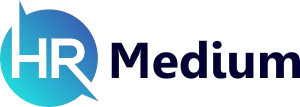A human resource management system (HRMS) is a necessary technology for modern HR teams (and firms) to manage HR processes. But many firms have difficulty in selecting between a customized HRMS or out-of-the-box (OTB) system.
Do you know which solution is best for you?
Also Read: Customizing Your HR Management System for Maximum Efficiency
Learn the benefits and drawbacks of each option to understand what the right choice is.
Apart from the pros and cons mentioned below, the right choice also depends on a firm’s budget and specific needs.
Pros and Cons of Customized HRMS
As the name suggests, customized solutions are ones that fit the specific needs of a firm. Each firm has their own set of HR practices and processes, and a personalized HRMS solution meets each unique requirement.
Businesses grow with time and business technology must too. A customized HRMS can be scaled as the business grows. New procedures can be easily adapted to with flexible HRMS. In this manner, the technology remains relevant with the growth of the business.
Additionally, existing systems are always a challenge to deal with when incorporating new technology. It can easily be incorporated to improve workflow efficiency.
However, customization brings its own set of challenges. Firstly, it requires a high initial investment of both time and capital resources. Secondly, the complex integration process extends the full-implementation time.
Pros and Cons of OTB System
OTB systems are pre-configured i.e., they come with standard features which can cater to many businesses across industries.
There is a significantly lower level of investment required for this type of a system (compared to customized solutions). Mid-sized and smaller businesses can benefit from this system as they usually operate on a subscription model.
An OTB system can be implemented quickly allowing for faster incorporation into business processes. Ensuring speedy and efficient delivery is important for businesses, and an OTB HRMS can enable this with minimal delay.
However, there are certain limitations to this system. Since it provides a broad range of features, it might be missing some that are necessary for a particular firm in a specific industry.
Which One Will Best Suit Your Firm
As mentioned before, the size of your company, its budgets, and your HR needs determine the type of solution you should opt for.
If the firm belongs to a particular industry with specific needs and a generous budget, then a customized HRMS might be the right choice.
If it is a smaller firm with limited resources (and HR needs), then an OTB system is the most cost-effective yet efficient fit.


